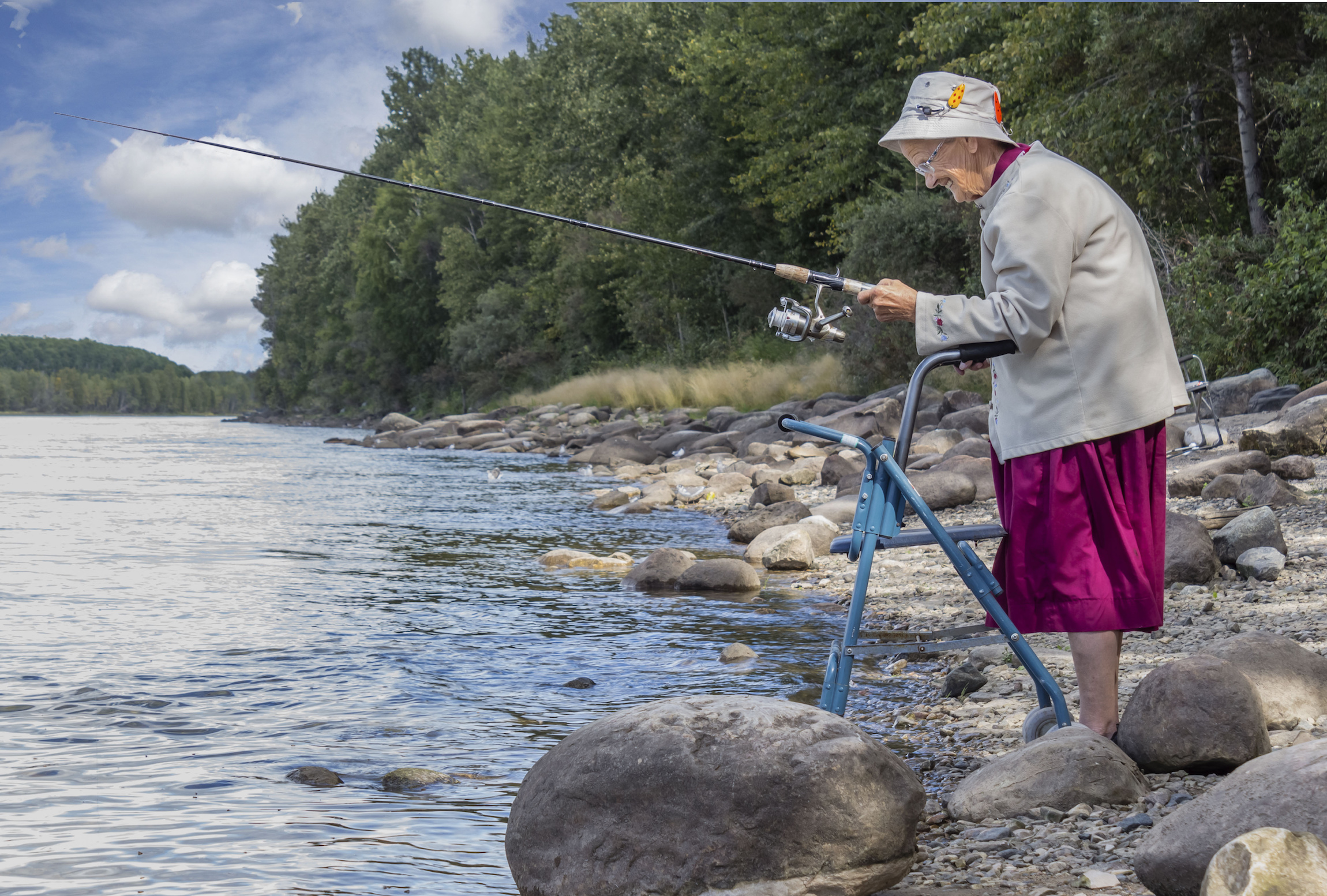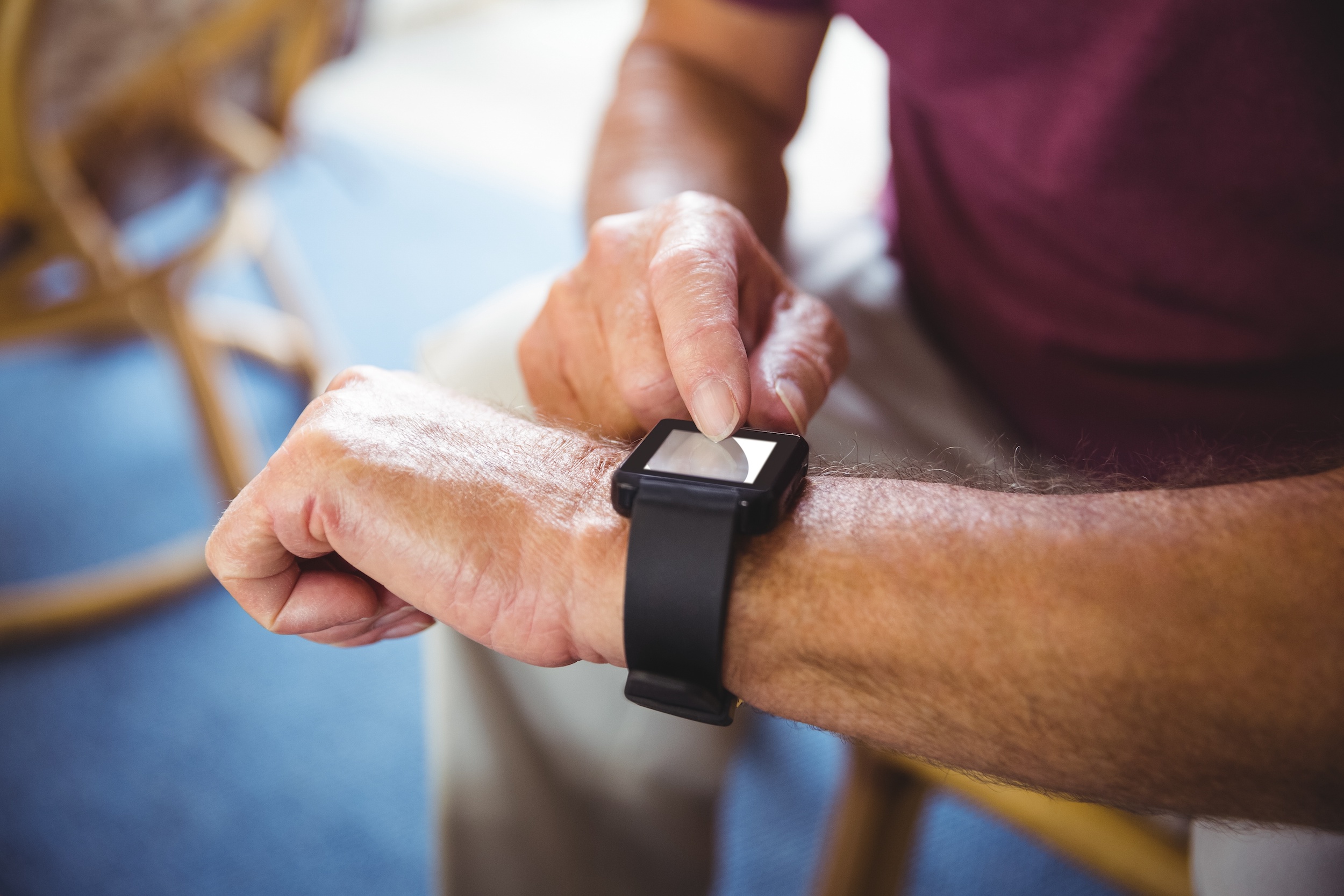Getting Emergency Help When Seniors Fall
According to a study from the AARP, more than a third of seniors will suffer a fall every year, resulting in two million emergency room visits. Interestingly, 75% of those treated at the ER are women. But there is a way to reduce your chances of being one of those statistics. Falls are serious business for seniors; 23,000 deaths each year are attributed to falls. Even if a senior survives the initial fall, it could lead from a hospital stay to a rehab center to a nursing home. That could take an emotional toll on a person that could eventually lead to a premature end.
One reason falls are so common among seniors is because their physical skills, such as vision, strength and balance, diminish with age. There is really nothing a person can do about their vision. They just need to make sure they keep up with their eye doctors to detect any change in eyesight or if cataract surgery is necessary.
But seniors can so something about their physical strength and balance. They can begin an exercise program. Light weights, walking and water aerobics are a good way to build up strength. Of course, seniors must make sure they check with their doctors before embarking on such a program. In fact, a doctor could help set it up and suggest specific exercises.
Another thing that causes falls is dizziness. Seniors take a lot of medications, and sometimes these medications can counteract and bring upon dizziness. Seniors have to make sure their doctors know exactly what medications they are taking to avoid such side effects.
Just like when seniors child-proofed their houses decades ago when they had children, they now need to make sure their houses are currently safe for them. First of all, if seniors have trouble walking and they have houses with stairs, they may want to consider moving to a place on one level. If moving is not an option, make sure handrails are installed on both sides, not just one.
Grab bars in bathtubs and showers are also a necessity. Showers can be dangerous for people of any age but even more so for seniors; the strength and dizziness issues with the wetness and slipperiness of a shower can literally be a deadly combination. Also use a rubber mat in the tub to prevent slipping.
But sometimes a fall is inevitable. In that case, there are ways to reduce the chances of serious injury. First, seniors should look to grab onto something. If that is not possible, they should try to control the fall if they can. They should avoid at all costs falling directly on their hips. They should also try not to hit their heads; they should try to brace themselves with their arms; better a broken wrist or arm than suffering a head injury. Head injuries and hip fractures are the leading causes of extended hospital stays for seniors.
All of this is why a medical alert system is almost mandatory for seniors living alone or with a spouse. The chances of surviving a fall are six times greater if you are found within an hour. If you are alone, you could easily run out of time. But if you have a medical alert button, you can press it and help would be on the way within a matter of minutes. Why wouldn’t a senior get one?


